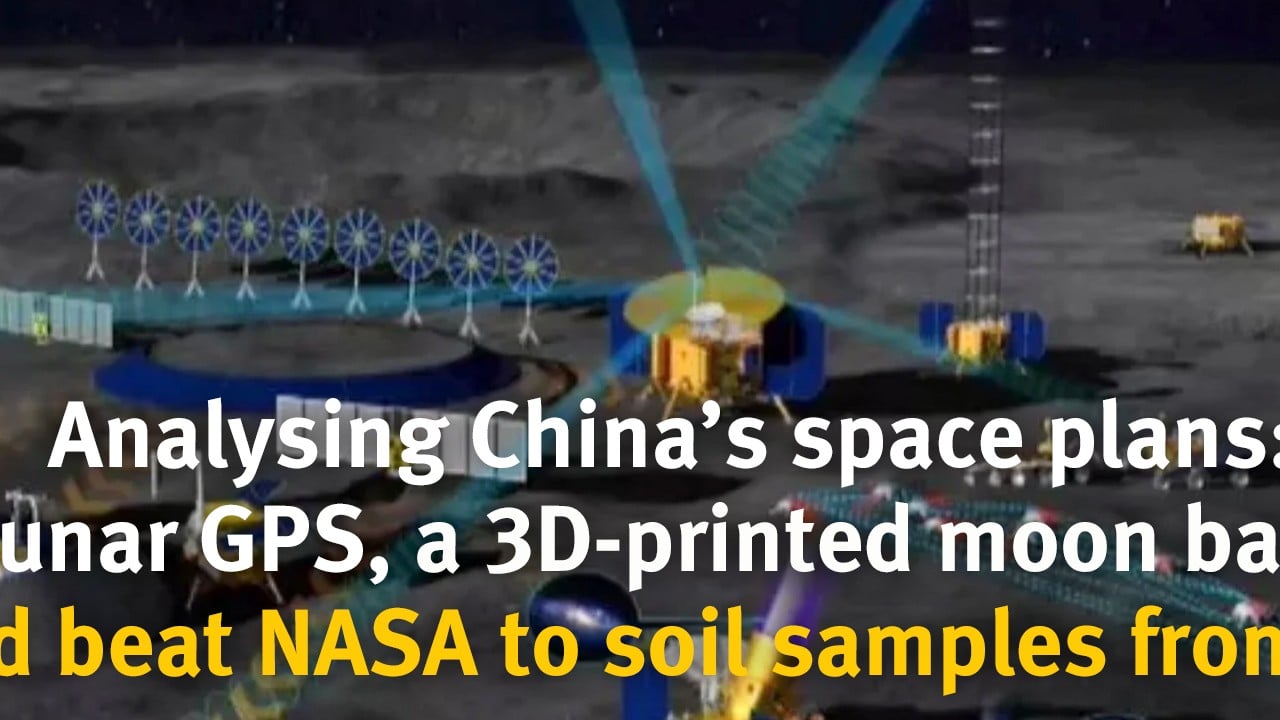
US-China rivalry should not mean giving up on a global space framework
- With the US and China each forging their own space agreements with friendly states, perhaps common ground could be found in, for example, clearing up hazardous space debris
- While separate agreements obviate the need for international norms, they also establish principles and structures that could form the basis of a new global treaty
There have been sharp words elsewhere. Last month, a top US military official said Washington had “no choice” but to prepare for conflict in space given Russia’s attack on Ukraine and China’s plans to dominate space by mid-century. Weeks before, the head of Nasa warned the US and China were in a “space race” and backed the existing restrictions on cooperation. He had cautioned in January that “we better watch out”.
With the dividing lines deepening and the final frontier becoming more congested and contested, is there a way forward?
One answer may be in the bilateral and multilateral arrangements signed among countries and the best practices adopted by the private industry.
Last year, China said it had 149 space cooperation agreements and memorandums of understanding with 46 national space agencies and four international organisations.
These arrangements are double-edged swords.
On one hand, they splinter space law by being project-specific, limited to signatories and narrow in scope for highly contentious areas, such as property rights. They obviate the need for international norms.
On the other hand, they establish principles and structures that could form the basis of a new global treaty.
The situation mirrors the 17th century when merchant empires, such as the Dutch East Indies Company, shaped the law of the sea and commercial legal terms. These helped form the tenets of international law today by giving all countries the right to freedom of the seas and by expanding the idea of a just war. But the doctrines also fuelled enmity.
Finding common ground to address operations in space also offers potential, especially in two areas: cleaning up space debris and managing launches, orbits and the decommissioning of space vehicles.
Functional integration has had limited success before as nations agreed on nuts-and-bolts matters. Through collaboration, norms are established and trust is built into stronger ties that may constrain states’ sovereignty. Habits could evolve into broader international accords.
The European Union’s emergence from a common market formed in the early 1950s for Europe’s coal and steel industries shows the peril and promise of such an approach.
A space-debris mitigation treaty could arise from the existing guidelines of space agencies and other arrangements among states, companies and intergovernmental organisations. An estimated 100 trillion untracked pieces of space junk are at low Earth orbit, where most satellites are. Debris in orbit travels so fast that a flake of paint could seriously damage a satellite.
The urgency, as an open letter from scientists underscores, is a strong driver towards a global framework. But the US has made clear it has no interest in this approach now.
Security considerations may prevent full and timely disclosures. But knowing when and where launches will occur can avoid mishaps. Information-sharing can also jump-start opportunities to leverage uses of new spacecraft.
James David Spellman, a graduate of Oxford University, is principal of Strategic Communications LLC, a consulting firm based in Washington, DC



